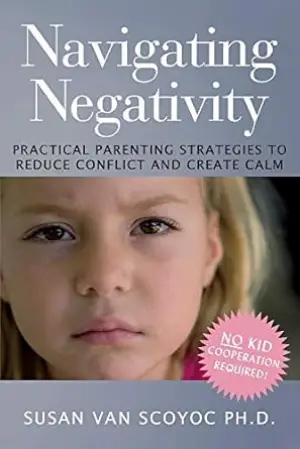I recently completed The Mastery of Love by don Miguel Ruiz, a guide that promises to transform how we view love and relationships. Intrigued by its reputation and the profound themes it explores, such as self-love and emotional healing, I decided to dive in. As someone who enjoys personal development books, this title was right up my alley.
In The Mastery of Love, Ruiz sheds light on the fear-based beliefs that often cloud our understanding of love, leading to unhappiness and relational drama. I found his ability to weave insightful stories into complex ideas particularly engaging. One standout theme was the notion of "domestication" and how the pursuit of perfection leads to self-rejection, a concept that resonates with many of us.
One thing I appreciate about this book is its capacity to facilitate introspection. For instance, many readers, including Angie Golish, have noted that Ruiz articulates ideas they had felt intuitively but couldn’t express. This was my experience as well; the clarity with which Ruiz addresses difficult aspects of love was refreshing. The emphasis on self-love made me reflect on my own relationships and how they can improve when I prioritize my mental well-being.
Another positive aspect is the clarity of writing. Although it tackles deep philosophical concepts, the language is straightforward, making the book accessible to a wide audience. Many readers, like MommaOfAll, describe it as a transformative read that encourages authenticity and truthfulness in personal interactions.
However, as I immersed myself in Ruiz’s wisdom, I did encounter a couple of drawbacks. For one, the writing style can feel repetitive at times, which might deter some readers. As C. Wallace pointed out, while the ideas are profound, the reiteration can overshadow the message. Additionally, while Ruiz lays down many philosophical foundations for loving relationships, some readers, such as M. T. D. C. M., have expressed that the book lacks actionable techniques for applying its teachings in real-life situations. I too found myself yearning for more practical tools—how does one truly ‘learn’ to love themselves if they have never been taught that skill?
Despite these weaknesses, I must say that the book ultimately met my expectations. It is an enlightening journey that encourages us to confront our fears and unlock the abundant love within ourselves. The stories Ruiz shares are not just captivating but also serve as valuable lessons on self-acceptance and forgiveness—key elements often overlooked in our daily interactions.
As I finished The Mastery of Love, I couldn’t help but feel compelled to share its insights. I plan on revisiting the book in the future and even passing it on to friends, inspired by Angie Golish’s desire to share knowledge and affirmations of love. The legend of "The Man Who Didn’t Believe in Love" moved me immensely; it highlighted the essential truth that our happiness shouldn’t depend entirely on external validation. Instead, we must cultivate our inner joy.
My overall experience was overwhelmingly positive, and I highly recommend The Mastery of Love for anyone seeking to deepen their understanding of love—not just as an abstract concept but as an everyday practice. Whether you are struggling with your self-image, navigating complex relationships, or simply keen on personal growth, this book offers a treasure trove of wisdom that can reshape your view on love and connection.
In closing, if you’re looking for guidance on how to love yourself and enrich your relationships with others, don Miguel Ruiz’s The Mastery of Love is a must-read. It opens up a conversation about love that can be both healing and transformative—truly a classic in the realm of personal development literature.








